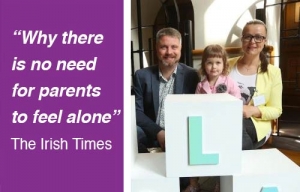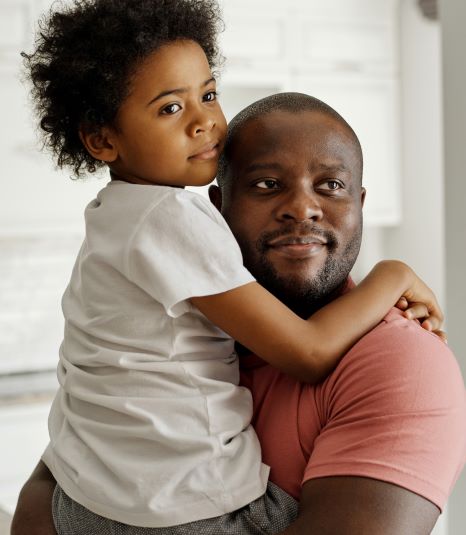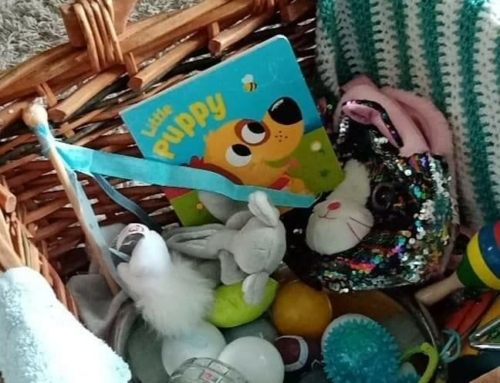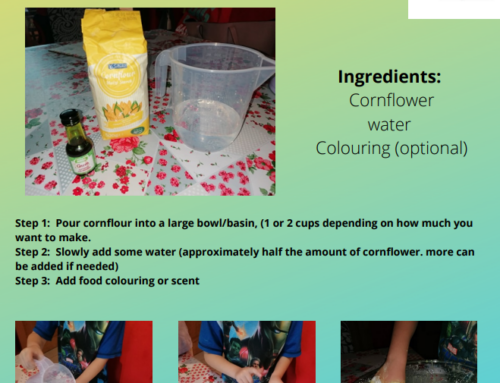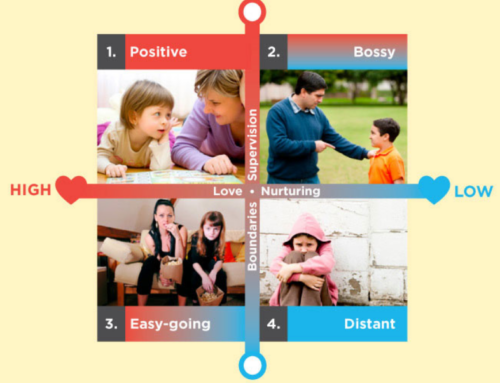The best starting advice any one can give you to understand your child is to try and see the world through their eyes. You as a parent can see your 4-5 year old child is changing drastically; they are growing up fast and developing at a rapid speed, they are becoming more confident, their conversational skills are improving with an increasingly wider vocabulary bank and they are able to express their feelings more confidently. Imagine what this must feel like for your 4-5 year old child – their world is both exciting and scary but also ready to be explored now they are growing up.
Understanding your child involves recognising your child’s own unique characteristics and traits that make them who they are. Think about how do they deal with situations, how do they respond to change or react to unfamiliar people? This will give you an insight into the personality of your child and help you understand who they are and where they are coming from. Other things to help you understand your child’s transition include:
- Your child is growing is up
At this stage you expect them to take some responsibility for themselves. Sometimes they will be happy and proud to do things and other times they wish someone else would do things for them. Just like us all!
For example, putting away their toys or setting the table. Try to understand how they feel. Let them know you understand their feelings “I know you don’t want to put away your toys now. You’re tired and you wish I’d do it for you. Let’s pick them up together.”
- They can become frustrated
Your 4-5 year old will sometimes get frustrated because they are not old enough to do many things they would like to do themselves. Perhaps they want to brush their own teeth themselves or go outside on their own or even run on in front of you while out walking.
Be honest with your child about your feelings and reasons for why they are not allowed to do things, but also let them know you understand their feelings too. For example, you could say ‘I know you wanted you to go out by yourself like the big boys and girls. I know you were annoyed when I wouldn’t let you. I understand how you feel, but I can’t let you go out on your own until you are a little older. I get very worried and upset that something might happen to you”.
- They can become moody
Their mood can change quickly from happiness to anger, for example, if they can’t make a toy work the way they want or they don’t get things their own way. They might stamp their feet or pout when their expectations aren’t met. Sometimes you may not even know why they are upset. Try and put yourselves in their shoes and assess the situation. See if you can figure out the problem i.e. “Are you upset because you got tired of waiting for me to get off the phone?”
Be sympathetic to them as the reason they are upset is important in their eyes. If they feel you understand them this will help soften the situation and help to improve their mood.
- They start to realise they have no control over their life
When children this age realise they have little control over their lives they may begin to boss other people around, both adults and children. Make them aware you don’t like being bossed around anymore than they do. Say to them you will be fair with them but you expect them to be fair with you and with others. Try and give them control in as many areas of their lives as possible. For example, let them choose their own clothes they would like to wear or let them choose between two healthy choices of what they would like to eat for breakfast. This will help give them a sense of control over their lives whilst boosting their self-esteem and confidence at the same time.
Overall the best way to understand and help your child is to start by trying to put yourself in their shoes. Remember what it was like for you as a young child. Treat your child the way you would like to have been treated when you were a child. Be mindful of your own behaviour and communication style to your child and how this will affect your child. Your child will replicate your exact behaviour and this is how they will learn to treat others now and in the future. Be patient with your child, connect with your child and listen attentively to what they have to say. From this you will hear your child’s views on their life and who they are as a person. By being there for them at a young age provides a secure and loving environment but also lays down the foundation for a future of positive parent child relationships that lasts a lifetime.

